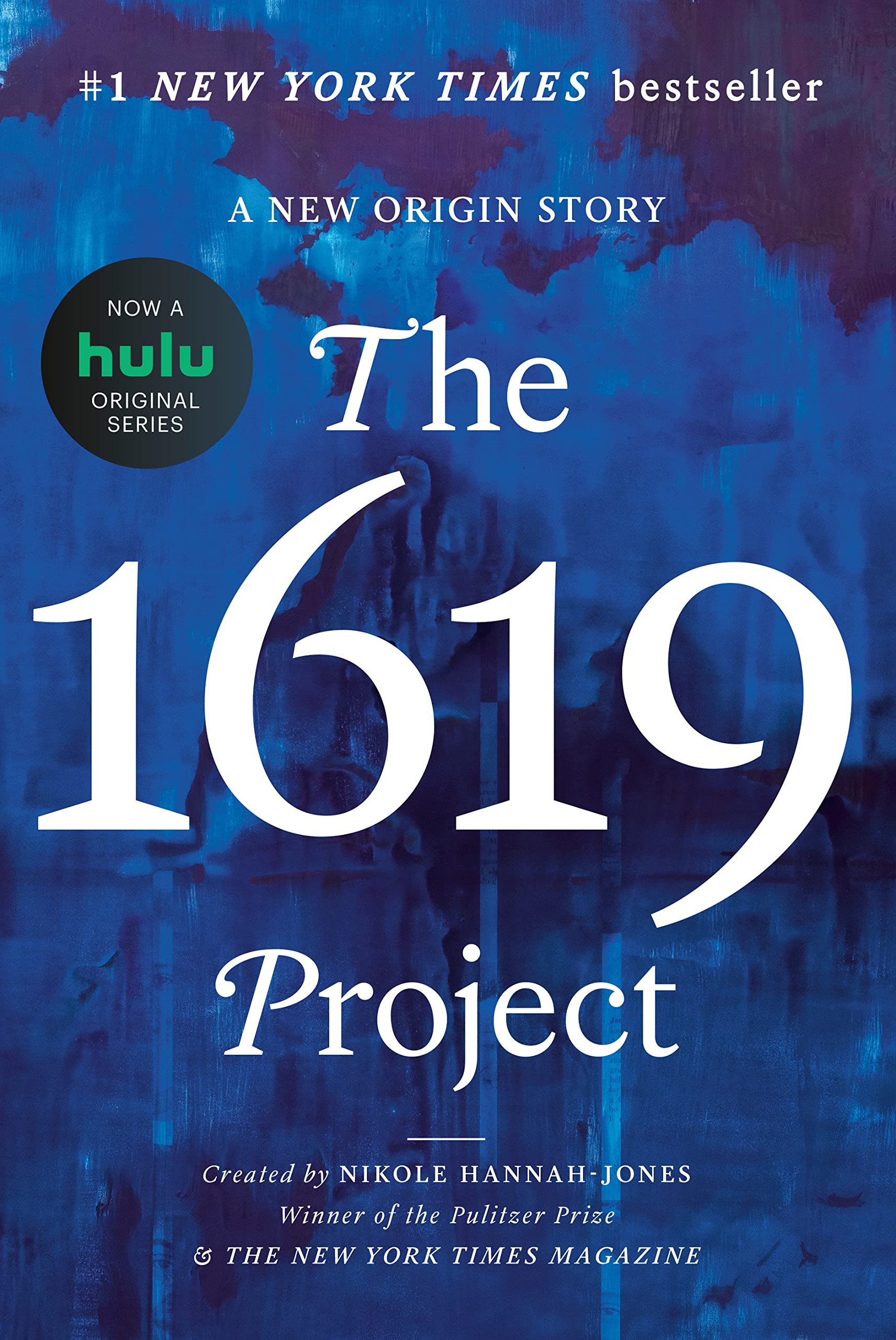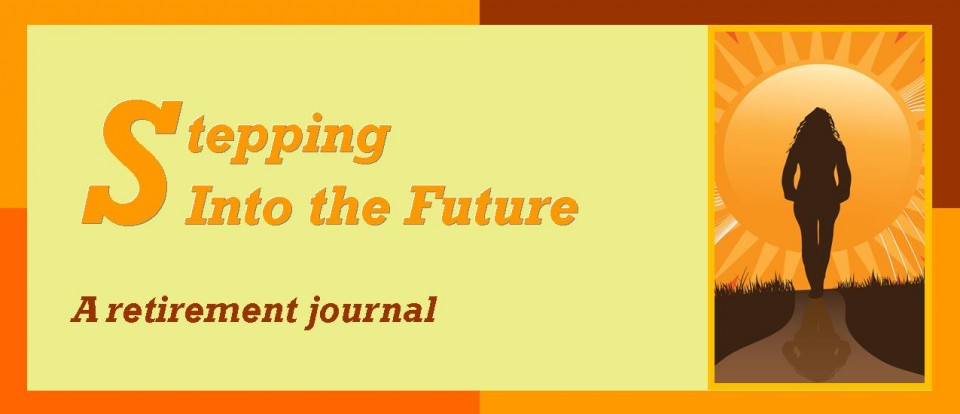The 1619 Project
11February 14, 2023 by Jean
 On a cold, snowy evening at the end of January, the book group that I joined this winter at my small town’s local library met to discuss The 1619 Project (One World, 2021). I was happy for the incentive to read this book, since I was aware of the controversy surrounding it but had not yet made any move to read it on my own. I should note that what we were discussing was not the original “1619 Project” series published in the New York Times Magazine, but the book that grew from the original project and in which authors had an opportunity to respond to some of the criticisms of the original work.
On a cold, snowy evening at the end of January, the book group that I joined this winter at my small town’s local library met to discuss The 1619 Project (One World, 2021). I was happy for the incentive to read this book, since I was aware of the controversy surrounding it but had not yet made any move to read it on my own. I should note that what we were discussing was not the original “1619 Project” series published in the New York Times Magazine, but the book that grew from the original project and in which authors had an opportunity to respond to some of the criticisms of the original work.
The book weaves together two types of text. A chronological timeline of African American history is illustrated by short fiction and poems that allude to key events. These literary pieces are interspersed among topical essays that analyze the influence of slavery on American history. The essays, on topics such as “Democracy,” “Fear,” “Capitalism,” “Politics,” “Citizenship,” “Punishment,” “Medicine,” “Church” and “Music,” are written by experts on the topics, most often scholars in disciplines such as History, Law, and Sociology, but sometimes by journalists who have done extensive research. I’m a social scientist and a retired academic, so it’s probably not surprising that the essays interested me more than the literary timeline. Each essay presents a through-line of slavery’s impact from the formation of the United States to present issues and trends. I was particularly taken with Matthew Desmond’s essay on “Capitalism.” I have long wondered in a vague sort of way why American capitalism has developed into a harsher form (more unequal, less of a safety net, more likely to blame those who do not succeed) than capitalism in the European countries. Desmond’s essay provides a compelling analysis that puts American chattel slavery at the center of the explanation.
I came away from the book wondering what all the fuss was about. For me, the essays, taken together, provided a powerful argument that slavery should be a central component of our understanding of the founding and history of the United States: Without an understanding of the role of slavery, we cannot understand our history and we can not effectively address social problems that continue to vex us. As the discussion began, however, I quickly realized that the book was a kind of Rorschach test, interpreted through the assumptions that each of us brought to our reading. For example, one member of the group felt that the book’s core message was that all white people are racist, an argument that I did not see anywhere. I should note that, because this book was heftier than the group’s usual fare, members were not expected to read all of the more than 600 pages and were encouraged instead to focus on the parts that were of particular interest to them, which means that different participants may have read quite different books. Ever the conscientious student, I read every page; but I think I was the only member of the group to do so. Some focused primarily on the literary timeline, and I think the average participant in the discussion had read only two or three of the essays. The member who had felt accused of racism acknowledged that she had been too upset by the book to read very much of it and had turned instead to a book by a conservative African American whose message she found more palatable.
I can see that this group is going to challenge me by exposing me to a much broader range of viewpoints and opinions than does my other book group (which is made up entirely of retired academics with PhDs). I’m sure that I will sometimes find the experience frustrating and may find some of my fellow group members exasperating, but I’m up for the challenge of having my worldview expanded!


Very interesting comments. The finding in sociological research on media effects supports the expectation that critics of this material may not have read much of it. People tend to avoid exposure to material that they expect to disagree with. As you noted about the person who preferred reading the conservative critique. As always, I admire your thoroughness.
Charlie, I can certainly believe this. It only occurred to me a day later that I should have suggested that the group read the book by the African American conservative. I, too, was inclined to avoid material that I expected to disagree with.
I wish I had an incentive to ready this book. I am sure that many of us accept the history of slavery as necessary information that is not the least surprising. Sad that many refuse to see it as valid history. Are they so steeped in shame? Or suffering from lack of information during their years of public school education? I have run into the slavery and capitalism connection in a book that my Gun Sense group is reading about the Second Amendment. Makes perfect sense that our capitalism is so cutthroat! Turns out that those second-amendment militias were essentially slave patrols. Lots of connections coming to the fore!
Jan, There were a number of facts in these essays that were new to me. And, because they were repeated in several different essays, I came to realize those events/laws/court decisions were foundational to the understanding of African American (and, therefore, American) history. But, despite being highly educated and well-read, I was encountering them for the first time at age 75!
I find in my book club the ones who think every time a book mentions slavery they think the author is calling all white people racist.
Jean, It’s an interesting phenomenon.
Thank you for your open mind reading this book Jean. As Germany has to deal with and accept their Nazi past, we have to deal with and accept our slavery history. For all those that think it was ancient history and not their issue, I counter, I was alive during Jim Crow which was just an extension of our slavery past. I am an acquaintance of one of the gentlemen who was part of the Greensboro Four sit ins. He lived right down the street from me. I have experienced our history first hand. You cannot teach history without the history of African Americans and what the slavery period meant to the building of this nation.
Gary, Over the years, my teaching of Women’s Studies included some African American women’s history, and my teaching of Sociology included issues of race and the work of W.E.B. DuBois. But I learned a lot from reading this book. And it certainly convinced me that we can’t “move on” from our history of slavery without understanding how that history continues to shape our experiences today.
Good for you…I’m sure you will challenge them.
Mary Beth, I hope to also be challenged in ways that push my own thinking. I’m not sure how often the group will read such meaty material; I think there’s a certain amount of nervousness about conflict.
You are probably right.